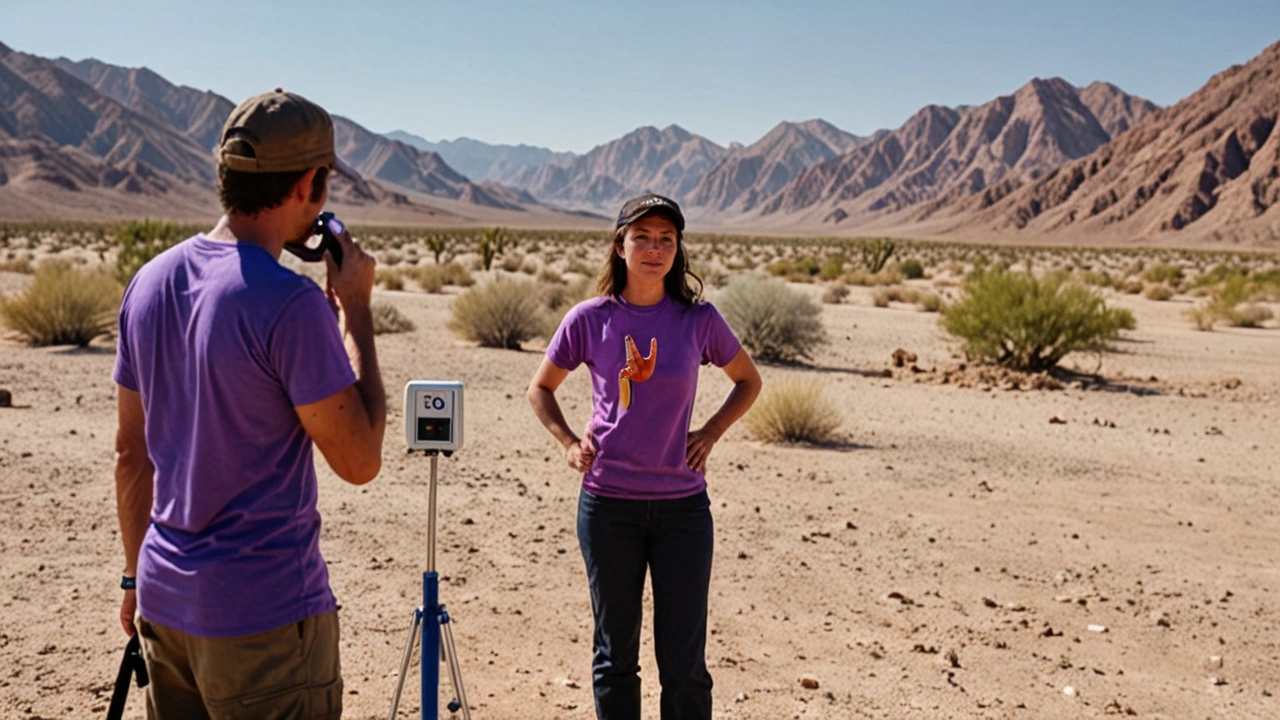Climate Change – What’s Happening Across Africa Right Now?
It feels like every week brings a new weather surprise – scorching heat in the Sahara, sudden floods in the Rift Valley, droughts in the Sahel. All of these events tie back to climate change, and they’re reshaping daily life for millions of Africans. In this guide we’ll break down the biggest trends, why they matter, and what people are doing to adapt.
Extreme Weather Events
Heatwaves are breaking records from Lagos to Nairobi. In June, Lagos saw temperatures top 40°C for a week straight, pushing power grids to the limit and making water scarce. Farmers in Kenya’s maize belt reported up to 30% lower yields after an early‑season drought wiped out seedlings. Meanwhile, the east coast of South Africa experienced one of its worst floods in a decade, with swollen rivers flooding homes and roads.
These extremes aren’t random. Scientists point to rising sea surface temperatures and shifting wind patterns that make storms stronger and dry spells longer. The result? More frequent floods, longer droughts, and heat that hurts health and crops alike.
Green Solutions and Policies
Governments are starting to act. Ethiopia launched a massive reforestation program that aims to plant 4 billion trees by 2030, giving communities shade, soil protection, and jobs. Kenya announced a solar‑power push that will add 1 GW of renewable capacity in the next five years, cutting reliance on diesel generators that pollute the air.
On the ground, communities are getting creative. In rural Ghana, women are using solar lanterns to replace kerosene lamps, saving money and reducing indoor smoke. In Tanzania, a cooperative of small‑scale farmers built a shared rain‑water harvesting system that stores water for irrigation during dry months.
International aid is also shifting. The African Development Bank recently pledged $5 billion for climate‑resilient infrastructure, focusing on flood‑proof roads and climate‑smart agriculture. These funds are directed toward projects that can survive extreme weather, like elevated roadways in flood‑prone regions.
Still, challenges remain. Many African countries lack the financial tools to fund large‑scale clean‑energy projects, and corruption can slow progress. Activists are pressing for more transparent governance, urging leaders to put climate budgets on public watchlists.
For everyday readers, the takeaway is simple: climate change is not a distant threat; it’s affecting food, water, and jobs right now. Staying informed helps you spot early warnings, support local climate projects, and push for policies that protect the environment.
Next time you hear about a heatwave or a flood, think about the bigger picture – how rising temperatures, shifting rains, and new green initiatives are all part of Africa’s climate story. Together, we can turn those stories into actions that keep our communities safe and thriving.
Global Warming Milestone: Average Temperature for Past Year Surpasses 1.5°C Threshold
The global average temperature has exceeded the critical 1.5°C threshold over the past year, marking it as the warmest on record. June 2024 stood out with unprecedented heat, averaging 16.66°C. Notably, this breach, reported by the Copernicus Climate Change Service (C3S), spotlights the urgent need to address climate change, yet it doesn't signify the failure of the Paris Agreement's long-term goals.

